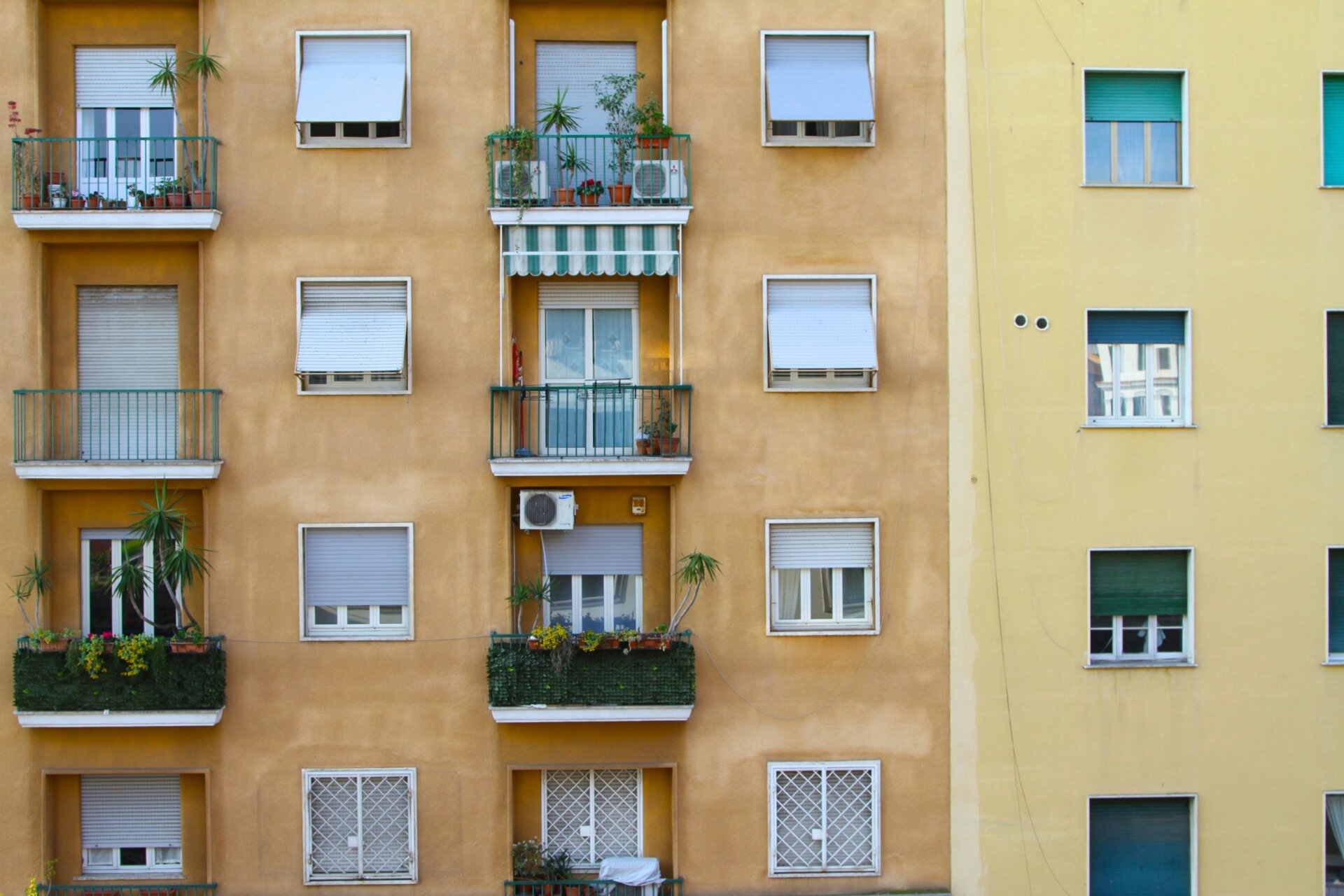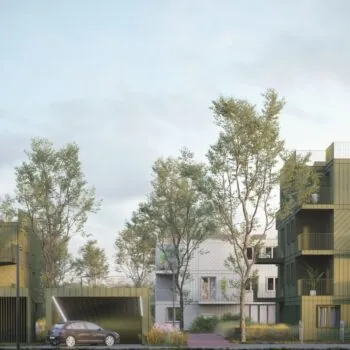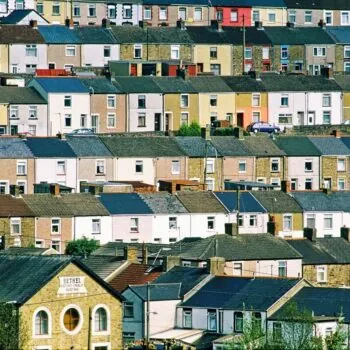Unleashing the potential of renewable heating and cooling for widespread societal benefits
The EU Strategic Agenda for the next five years commits EU leaders to “strengthen competitiveness, make Europe the first climate-neutral continent, and serve European citizens”. While the main drivers of EU policymaking are shifting, energy transition remains high on the agenda. Buildings decarbonisation and efficiency improvements hold untapped potential to secure Europe’s path to prosperity. They play a decisive role in ensuring access to reliable renewable energy sources, enhancing financial and fiscal stability, strengthening EU competitiveness and improving people’s quality of life. The next five years will test the capacity of policymakers and businesses to deliver swift progress and value to EU citizens.
Below, we outline the benefits of further action that the next EU institutions need to take to achieve these goals.
Enhance financial stability
Banks in the euro area hold over €5,000 billion in real estate assets, representing significant financial exposure to climate and energy risks. Improving the energy efficiency of buildings and switching to clean heat will help mitigate these risks and preserve property value. Financial institutions, such as the European Central Bank and the European Banking Authority, are calling for improved energy performance of buildings as a key lever for market stability by securing debt repayment, aligning real estate portfolios with net-zero goals and reducing risk.
So what next?
- Mandate banks to establish risk-management strategies for their real estate portfolio, including higher capital risk requirements and Energy Performance Certificates disclosure from borrowers.
Guarantee energy security
The energy crisis of the past two years has shown that future energy security will be fundamentally different. As economies move away from fossil fuel dependency, structural shifts to energy savings and the operation of clean and renewable sources become key drivers of security. Greener and more efficient buildings will be crucial to this shift. Implementing actions in the Energy Performance of Buildings Directive can save the EU between 21-44 bcm of imported gas annually by 2033-2035, depending on the level of ambition. For context, estimated EU imports from Russia in 2023 were 43 bcm. By promptly implementing a comprehensive policy package, the EU can reverse thirteen years of deterioration in economic resilience and eight years of reduced energy supply security, according to the IMF.
So what next?
- Recognise the role of demand-side action in energy security strategies and swiftly implement the Energy Performance of Buildings Directive to address energy security and resilience concerns.
Improve the built environment for a better quality of life
In 2023, 10.6% of the EU population was unable to keep homes adequately warm and, in 2022, 6.9% had arrears on their utility bills. These numbers reflect a harsh reality experienced by Europeans. According to Enrico Letta’s report on the future of the Single Market, commissioned by the current Commission President Ursula von der Leyen, housing is one of the essential services “to meet basic human needs to live and to participate in society”. Promoting accessible and energy-efficient homes supports the right to adequate housing enshrined in several European charters and enhances citizens’ freedom to live and work where they choose, thereby strengthening the very nature of the EU Internal Market.
So what next?
- Make green and affordable housing a main pillar of an EU Action Plan for high-quality public services, as also echoed by Letta.
Strengthen competitiveness of clean heat and efficiency industries
Heat pumps and clean district heating are mature technologies, fully ready for commercial use. The heat pumps industry estimates that 60 million heat pumps deployed by 2030 can increase EU GDP by 2.5.%. Buildings renovation and maintenance activities account for more than 50% of EU’s construction volume, generating approximately €850bn in annual revenue as of 2022. Nonetheless, a fragmented regulatory landscape and inadequate economic incentives are preventing the heating, cooling, and energy efficiency sectors from becoming flagship industrial ecosystems. Manufacturing and deploying efficient building technologies can support EU competitive advantage in these sectors.
So what next?
- Provide a comprehensive framework with the review of Heating & Cooling strategy to create the right enabling conditions for clean heat and efficiency sectors to thrive.
- Publish the Heat Pumps Action Plan to accelerate heat pump deployment.
As the energy crisis plunged Europe into a difficult period, it became clear that abandoning dependence on fossil fuels is essential for a prosperous future and competitive economy. As the EU Green Deal morphs into the EU Competitiveness Deal, continuing action to decarbonise the EU’s building stock is key to delivering broader societal benefits.


